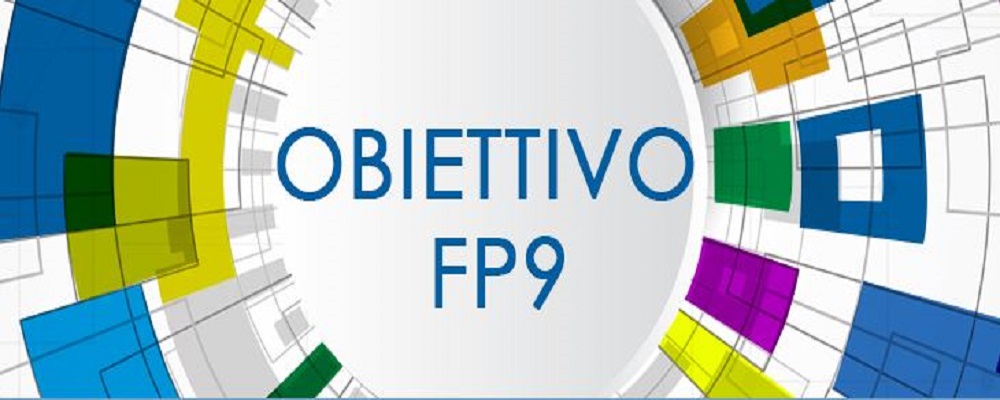The text of the agreement reached was made public on 27 March 2019, following the meeting of COREPER, the committee of permanent representatives of the governments of the Member States of the European Union. It should be emphasized here that the COREPER expressed its opinion on the draft regulation on the framework program, which defines only some aspects of Horizon Europe. We still lack the opinion on the decision on the specific program, which instead defines the elements to implement and govern Horizon Europe.
Nevertheless, some differences may already be highlighted. From a first analysis, compared to the European Commission’s proposal, the names of the Pillars structure change, for example:
| Commission Proposal (07/06/2018) | Text of the Agreement reached (27/03/2019) |
| Pillar I ‘Open Science’ | Pillar I ‘Excellent Science’ |
| Pillar II ‘Global Challenges and industrial competitiveness’ | Pillar II ‘Global Challenges and European Industrial Competitiveness’ |
| Pillar III ‘Open Innovation’ | Pillar III ‘Innovative Europe’ |
| Part ‘Strengthening the European Research Area’ | Part ‘Widening participation and strengthening the European Research Area’ |
There are also some important indications regarding the future participation of SMEs in Horizon Europe, with at least 70% of the budget of the new European Innovation Council dedicated to them, and of countries with a low return in terms of research and innovation, with the dedicated budget to Spreading Excellence and Widening Participation measures increased by 3.3%. Furthermore, the agreement reached confirms the specific target for the actions dedicated to the fight against climate change, with at least 35% of the funded research projects that will have to be dedicated to the topic, and establishes that the European Innovation Council will be able to provide, to certain conditions, a support based not only on subsidies as is currently the case, but also only through equity.
In addition to these initial indications concerning the allocation of the future Horizon Europe budget, important information on future research areas on which the European Union wants to invest is also reported. In particular, compared to the proposal of the European Commission, some clusters (thematic poles) related to the Second Pillar change:
| Commission proposal (07/06/2018) | Text of the Agreement reached (27/03/2019) |
|
|
Furthermore, compared to the Commission proposal, the five areas on which future Missions should be concentrated are reported:
- Adaptation to Climate Change, including Societal Transformation
- Cancer
- Healthy Oceans, Seas, Coastal and Inland Waters
- Climate-Neutral and Smart Cities
- Soil Health and Food
and the eight new Partnerships that should be created with Horizon Europe:
- Faster development and safer use of health innovations for European patients, and global health
- Advancing key digital and enabling technologies and their use, including but not limited to novel technologies such as Artificial Intelligence, photonics and quantum technologies
- European leadership in Metrology including an integrated Metrology system
- Accelerate competitiveness, safety and environmental performance of EU air traffic, aviation and rail
- Sustainable, inclusive and circular bio-based solutions
- Hydrogen and sustainable energy storage technologies with lower environmental footprint and less energy-intensive production
- Clean, connected, cooperative, autonomous and automated solutions for future mobility demands of people and goods
- Innovative and R&D intensive small and medium-sized enterprises


